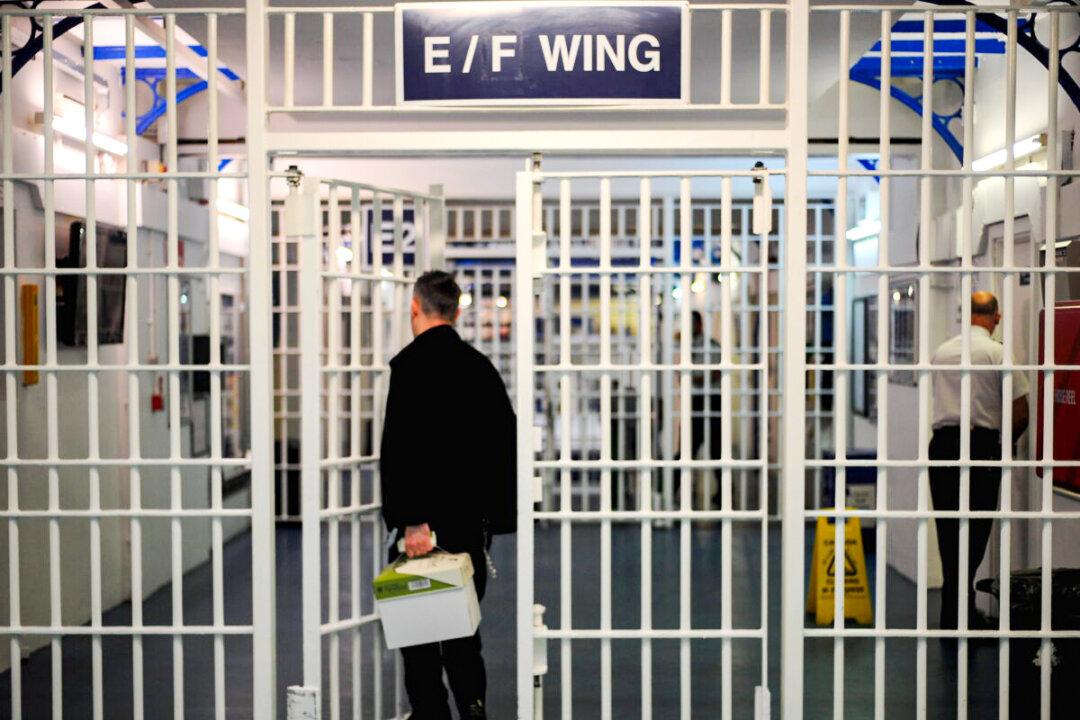Britain’s independent reviewer of terrorist legislation, Jonathan Hall QC, says the Prison Service has failed to tackle Islamist gangs and has allowed some jails to become breeding grounds for terrorism.
In his report “Terrorism in Prisons,” Hall said: “The impact of Islamist groups has been underappreciated for too long by the authorities ... Islamist group behaviour has come to be seen as part of the prison landscape.”





